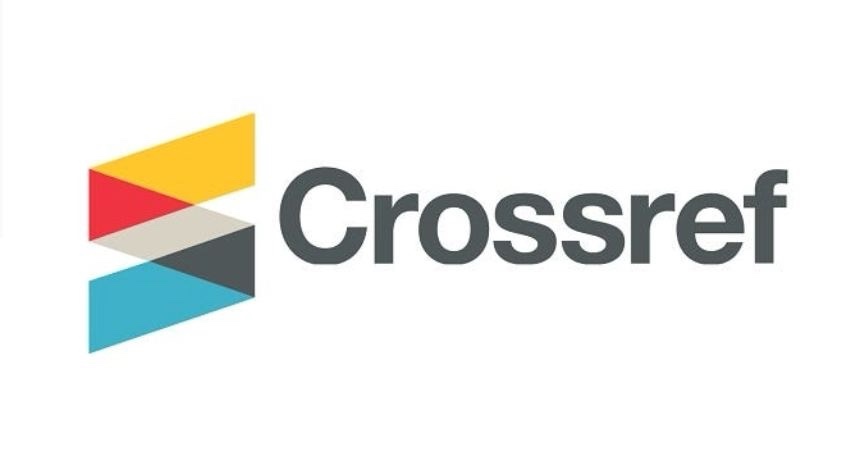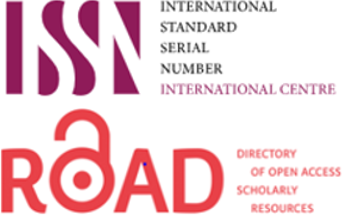Assessing the Nursing Knowledge and Practices in Premature Feeding in Premature Units
Keywords:
Premature feeding, premature unitsAbstract
Objectives: ٨ descriptive study has been conducted in the premature baby unit in Al-Khansaa' and Al-Batool
hospitals for maternity and children in Mosul city to assess knowledge and practice of the nursing staff in the
caring of premature infants. A descriptive study has been conducted in the premature baby unit in Al-Khansaa'
and Al-Batool hospitals for maternity and children in Mosul city to assess knowledge and practice of the nursing
staff in the caring of premature infants.
Methodology: the data were collected by using knowledge assessment and practice measurement tool.
Results: the results of the study show that high percentages (about 40%) of the staff who work in the premature
baby units are of the young age group. It has also been found that the ratio of 2/1 of female workers is higher
than male workers in such units. Highly significant differences have been found by measuring the average of
knowledge and practice in general with regard to theoretical Mean. The study shows that there are significant
differences (<0.001 at p- value) in knowledge, practice and the variables of the educational level, training
courses and the real period of working in the baby units. There are also significant differences regarding baby
feeding (O.OOlat p-value) through feeding bottle and the variables of educational level since the study shows
that the nurses have shortcomings in this field. There are no significant differences between knowledge and
practice scores of nursing staff with regard to their sex, age and social status.















